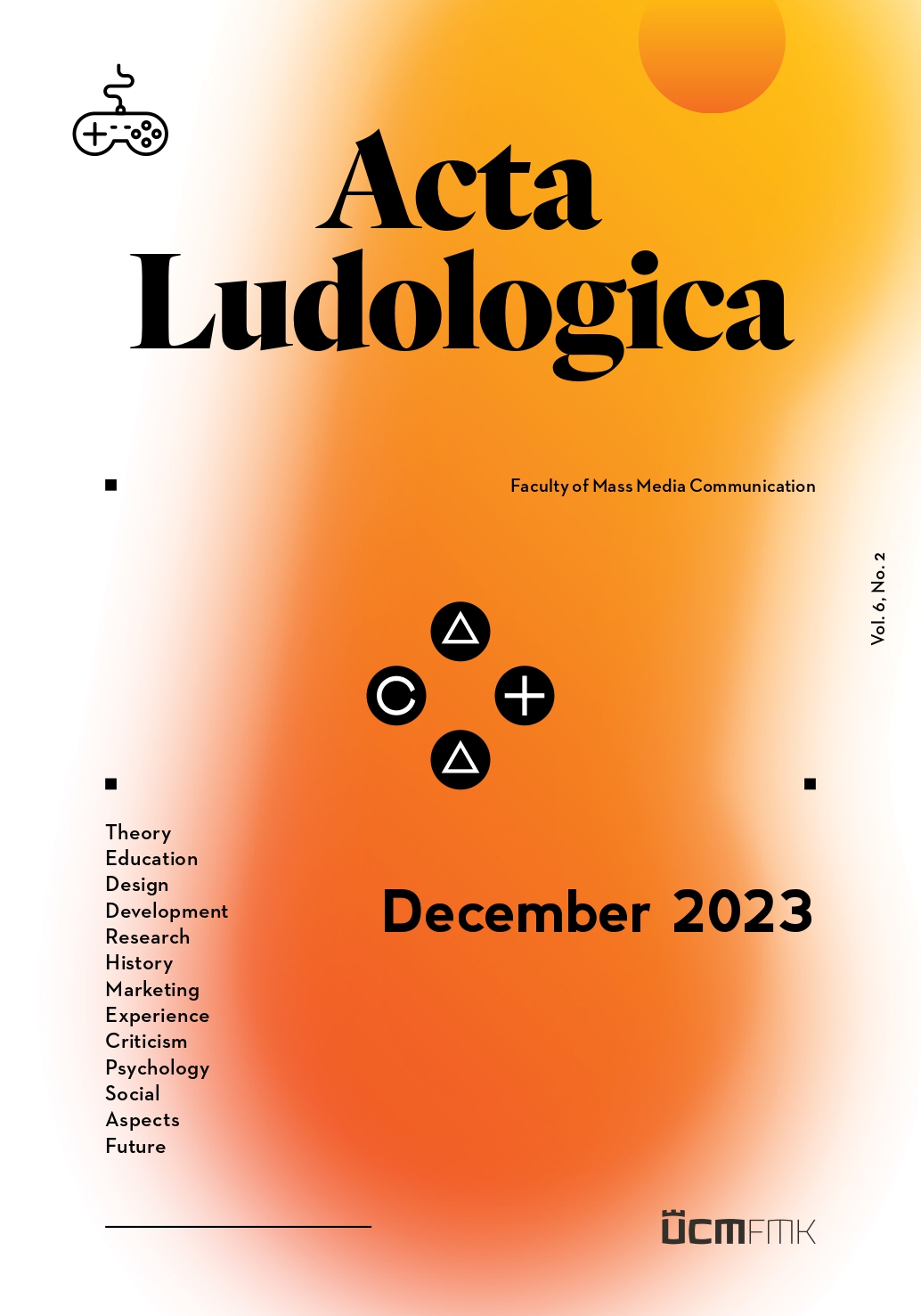Dave Hawey
ABSTRACT:
Although artists contribute a great deal to what digital game players see on the screen, there is a marked absence in the literature of direct studies of artists working in digital game development. We stress the need to understand these artists’ professional knowledge in a rich and contextualized manner, and beyond technical expertise. In this paper, we describe the design process carried out by an experienced technical artist during game preproduction. We report findings gained through ethnography/shadowing at the Montreal-based Red Barrels studio. We refer to pragmatist and constructivist theories of professional design practice to make sense of its reflective, collaborative, situated, and transactional aspects. This paper draws conclusions on three ideas: (1) the benefits of using design theory to examine design-like reflective skills in game art practice; (2) the utility of qualitative methods to construct a thorough, holistic, and contextualized understanding of professional practice, and (3) how a richer, more elaborate understanding of ‘design’ in game development points to a need for further research on the sociocultural aspects of game experience design.
KEY WORDS:
design theory, digital game artists, digital game development, ethnography, professional knowledge.
DOI:
10.34135/actaludologica.2023-6-1.66-82

